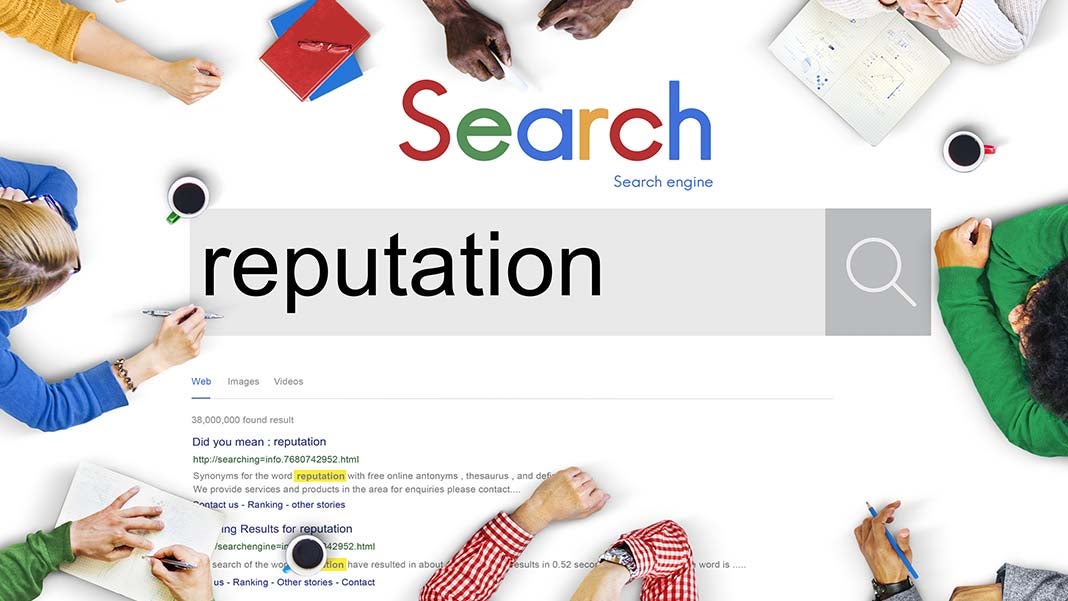4 Types of Search Intent That Determine How People Find You Online
By: John England

These days, it is not enough to invest only in traditional media. As a business, you also need to have a strong digital presence in order to reach your target market. If your target market does not find you quickly on the internet, it is as if your business doesn’t exist.
 That’s also why you should understand what search intent (also known as user intent) is. In a basic sense, it’s the main reason why one would perform an online search. Understanding the intent behind it is understanding how this user reaches you.
That’s also why you should understand what search intent (also known as user intent) is. In a basic sense, it’s the main reason why one would perform an online search. Understanding the intent behind it is understanding how this user reaches you.
Basically, all online search happens through keywords and with the expectation of finding something. You can use a tool with keyword explorer such as Ahrefs Tool Guide: Keyword Explorer for e-Commerce to finetune your content strategy by targeting keywords based on user intent.
While evaluating this possibility, let’s look at the four types of search intent to better understand how your customers find you on the internet (or why they aren’t).
1. Navigational Intent
Navigational intent happens when the user enters a search query to find a specific website or web page. Navigational intent is usually relatively easy to satisfy, as the user just wants to find the website or page they are looking for. For example, a user who searches for “Twitter” is likely looking to be navigated to the Twitter website.
It is important to understand navigational intent because it can help you optimize your website for specific keywords and phrases. If your website is the one that comes up in the search results, then you have satisfied the user’s navigational intent.
2. Transactional Intent
Transactional intent happens when the user is already determined to purchase a product or service but does not yet have the correct company in mind and is just looking for the best options (or researching prices).
For example, a user who searches for “buy shoes online” is likely looking to buy shoes from an online retailer. If your website sells shoes, then you could focus on optimizing for this keyword to attract users with transactional intent.
Transactional Search Examples
Other examples of transaction intent queries include “laptop for less than $1000,” “best anti-malware 2022,” or “where to buy branded stoves online.” To integrate transactional intent keywords to your site, you could add product pages that include these keywords in the title and throughout the page content.
You could also create blog posts or articles that focus on giving advice on how to complete a purchase, such as “5 Tips for Buying Shoes Online.” By optimizing for these types of keywords, you can attract users who are further along in the purchasing process and are more likely to convert into customers.
3. Informational Intent
You certainly know people who “talk” to search engines, or maybe you’ve even done it yourself. That’s what informational intent is: surveys or questions asked on the internet by users who may not be determined to purchase something yet but can be converted into customers.
Informational intent is similar to transactional and navigational intent in that the user is looking to fulfill a specific goal. However, informational intent is associated with searches that are seeking knowledge or understanding on a certain topic. For example, a user who searches for “what is SEO” is likely looking for information on what SEO is and how it works.
Informational Search Examples
Other examples of informational searches are questions like “Ways to clean my oven manually,” “My laptop won’t restart, what to do?”, or “How to remove certain malware.” Words like “why,” “how-to,” and “the best way to” appear frequently.
These are very generic questions that seek a specific answer. To attract users with informational intent, you can create blog posts, articles, infographics, or other types of content that provide information on a certain topic.
It is important to make sure that your content is high quality and informative, as this will help you satisfy the user’s intent, keep them on your site, and perhaps convert them into customers.
4. Commercial Intent
Last but not least, commercial searches are done by users who don’t want to buy a product or service right now (as in the case of the transactional intent above) but are already doing searches to try to make up their minds.
These types of surveys are more generic and based on questions like “What is the best laptop brand on the market?”, “What is the most effective anti-malware?,” or “What is the best cost-benefit refrigerator?”. Keywords like “deal,” “best price,” and “discount” are frequent in commercial intent searches.
Commercial Search Examples
In short, it’s a kind of commercial investigation carried out by potential customers who still need more time to be convinced to buy something. To attract users with commercial intent, you can create product pages and blog posts that focus on giving advice on how to complete a purchase, such as “5 Tips for Buying Shoes Online.” If your website is convincing enough to attract them, you could convert new customers soon.
X Marks the Spot
Popular wisdom says that those who are not seen are not remembered. It couldn’t be more true in online presence when it’s not enough to have an attractive website – it’s also necessary to be noticed by search engines. Now that you know the four categories that define search intent – start working on getting the best website landing page to attract old or new customers.
Of course, each type of intent requires a different type of approach. If users doing an informational search land on a product page on your website instead of a “how-to” style tutorial, they’ll leave immediately because they’re not ready to buy yet. Study the best way to offer content and the best keywords to optimize your website and get ready to receive new and more customers.
1811 Views












